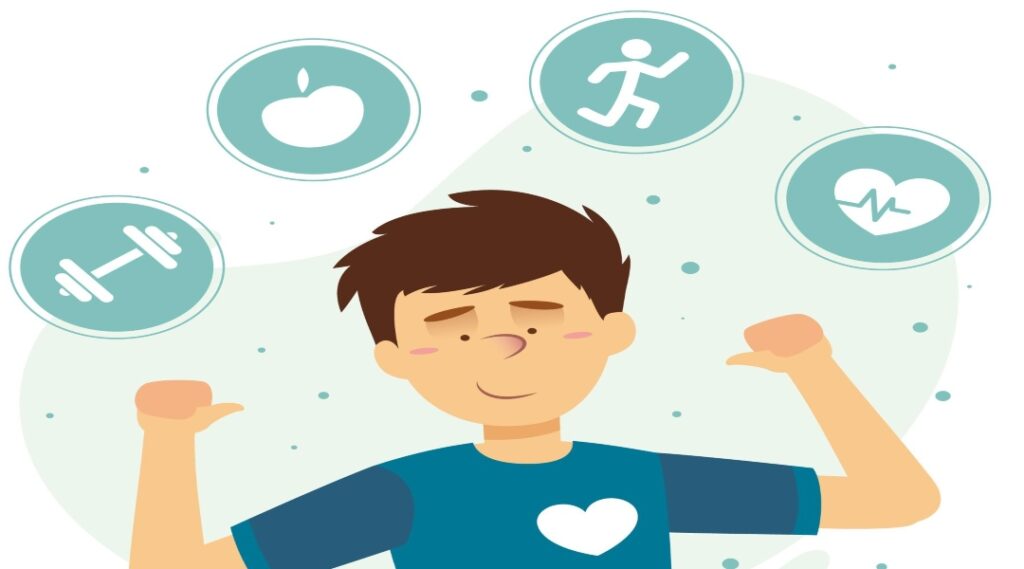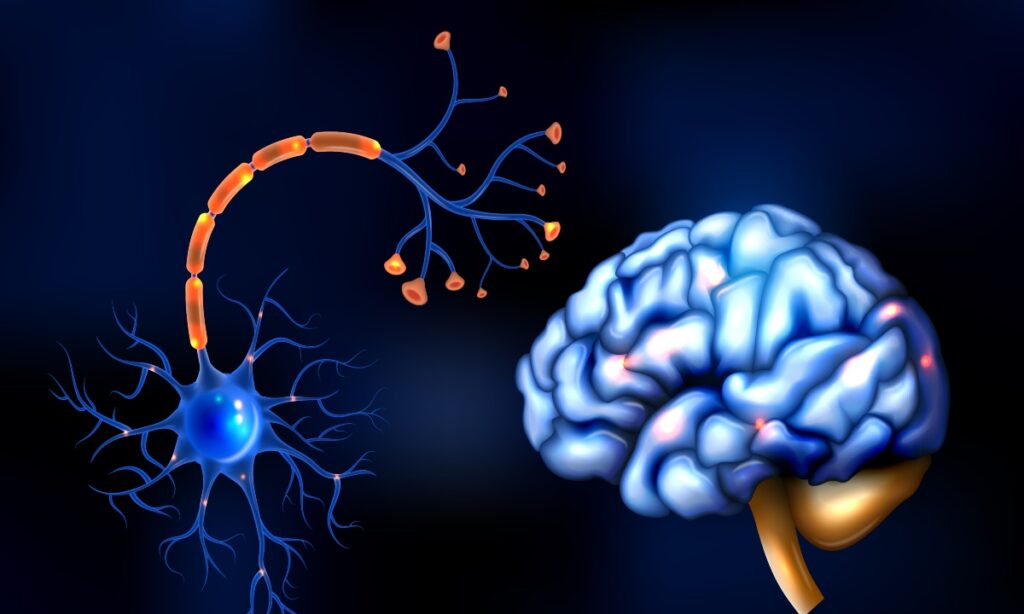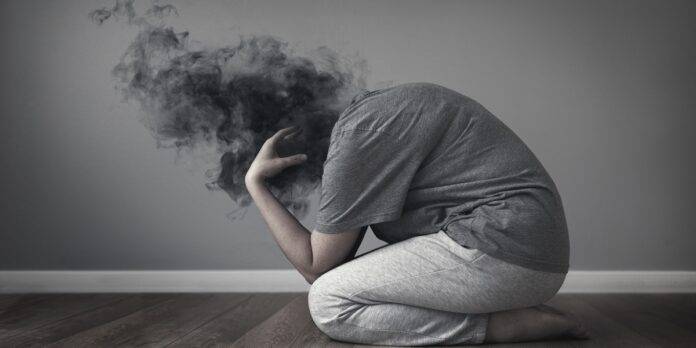Childhood experiences and events are engraved in our minds and have a lifelong impact on us. Our early age is responsible for shaping our personality, and the effects last forever. If the experiences are good and joyful, they help shape the future positively and improve mental health. But for a lot of people, it can also be a traumatic experience if it carries any trauma, violence, or a suppressed environment. These experiences leave a lasting effect on their lives. It affects both physical and mental health for a lifetime. In this blog, we will talk about the prevention of childhood trauma and how it affects our life.
Before moving to the effects of childhood trauma, let us first discuss the reasons or definitions of childhood trauma and how trauma affects child development and health.
What is Childhood Trauma and How it Affects our Health:
A child’s sense of comfort and safety can be shaken by a variety of traumatic events which we named as childhood trauma. If a child ever experiences any type of abuse it leaves an everlasting impact on his life. Abuse can be of any type like physical, emotional, or sexual abuse and this abuse leads to mental illness and destroys the child’s personality completely.
Consequences for Mental Health:
Post-Traumatic Stress Disorder (PTSD):
Traumatised children are at risk for developing PTSD, which causes hypervigilance, terrifying thoughts, and emotional reactivity. These symptoms are long-lasting and destroy mental health.
Anxiety and depression:
There is a strong connection between childhood trauma and mental health disorders like anxiety and depression. If a person is stressed for a longer period, it can change the chemistry of breath which causes mood swings and questioning self-worth.
Attachment Disorders:
Trauma can interfere with forming stable attachments, making it more challenging to build wholesome relationships. People suffering from this have poor relations with society. They do not trust people easily and try to avoid human interaction.
Physical Health Impacts:

Chronic Health Conditions:
Studies show that those who have had traumatic experiences as children are at most likely to be diabetic and have heart diseases. The prolonged activation of stress response systems may facilitate the dysregulation of physiological processes.
Impact on the immune system
Childhood trauma makes the immune system weak and increases the chances of infections and illness. It can also lead to other health problems.
Effect on Brain Development:

Adverse childhood experiences can impede the regular development of the brain, especially in regions linked to memory, stress response, and emotional control. These changes can affect mental capability and lead to mental health issues.
Unhealthy Coping Mechanisms:
People may use harmful coping mechanisms like abuse, overeating, or self-harm to deal with the emotional pain caused by childhood trauma. Addiction and obesity are two more health issues that may result from these habits.
Lifestyle Factors:
Adopting poor lifestyle choices might be a result of coping mechanisms, such as substance misuse or overeating, that were established in reaction to childhood trauma. In turn, these actions raise the possibility of obesity, addiction, and other linked health issues.
This is how trauma affects the physical health of children.
How can we Prevent Childhood trauma?
The complicated but vital task of preventing childhood trauma involves the collaboration of societal, local, and personal initiatives. Although it might not be feasible to eradicate all possible hazards, proactive steps can be implemented to lower the prevalence of childhood trauma and establish settings that support resilience. Here are a few tactics:

1. Raise Awareness and Education:
Public Awareness Campaigns:
To inform communities about the frequency and effects of childhood trauma, create and carry out public awareness campaigns. It can promote early intervention and lessen stigma.
Educational Programs:
Introduce programs that educate the staff members, supervisors, and pupils on how to identify and address trauma symptoms.
2. Assistance for Parents and Guardians:
Parenting Education:
Provide courses that emphasise caring and constructive methods of parenting. By arming parents with the means to establish a secure and nurturing home, trauma risk can be reduced.
Access to Resources:
Ensure that community services, parental support groups, and mental health resources are available to parents and carers. It is possible to stop potentially stressful circumstances from worsening by treating the underlying causes of stress and offering support.
3. Community Engagement:
Community Programs:
Create and promote neighbourhood-based initiatives that improve social ties and offer family resources. You can start mentorship programs and activities.
Access to Mental Health Services:
Lower obstacles like stigma and expense to make mental health services more widely available in local communities. Trauma cannot worsen if it is identified and treated early on.
4. Trauma-Informed Systems:
Trauma-informed care:
Apply trauma-informed care in all the systems it implements, such as social services, education, and healthcare. This method places a strong emphasis on comprehending and reacting to the effects of trauma on people.
Training for professionals:
Offer training to professionals in fields like education, healthcare, and law enforcement who regularly deal with children. The main focus of this training should be on identifying trauma signals and providing sensitive, encouraging responses to them.
6. Early Intervention:
Screening Programs:
Establish early screening initiatives at educational institutions and medical facilities to identify children and families who may be traumatised. Addressing problems early on can help prevent them from getting worse.
Crisis Intervention:
Create practical crisis intervention plans for families going through a lot of stress or significant life transitions. In times of crisis, prompt action can avert traumatic occurrences.
7. Encourage Adaptability:
Resilience-Building Programs:
Include initiatives that foster resilience in communities and schools. Teaching children problem-solving techniques, emotional control, and coping mechanisms might help them deal with difficulties more skillfully.
Positive Role Models:
Encourage youngsters to have positive role models in their lives, so that they have positive support and inspiration for themselves. Adversity can be mitigated by having supportive relationships.
Conclusion:
Childhood trauma affects a person’s physical and emotional well-being. All the people who have been through trauma in their early years are suffering and dealing with issues like anxiety, depression, and post-traumatic stress disorder (PTSD). It makes it difficult for a person to live a healthy life and to have healthy relationships. Such people also have to deal with physical health issues. Physical disorders such as chronic health diseases or irregular sleep schedules are commonly found in such people. The effects are for a lifetime, so acting on time and spreading awareness and education regarding this severe issue is necessary. For the people who are already suffering from this situation, the first step in promoting empathy, support, and successful solutions is understanding these consequences. We should help the people who are already suffering from such issues and try to spread awareness so that our children have a better and brighter future.
FAQ’s
What is childhood trauma?
Childhood trauma means the threatening events or violence happen to the child of age 0-18. These experiences include mental, sexual, or physical abuse, neglect or exposure to violence. It has an everlasting impact on a child’s life and makes it difficult for them to live a normal life.
What are the mental health consequences of childhood trauma?
Childhood trauma disturbs mental health of children. It leads to issues like PTSD, depression, anxiety and disturbs relationships. Children start questioning their worth, and it is really difficult for them to build healthy relationships.
Does childhood trauma affect physical health?
Yes, childhood trauma leads to many physical disorders like diabetes, heart diseases which lead to a decrease in lifespan.
How can you support someone who has experienced childhood trauma?
Provide them a non-judgemental environment, be calm and listen to them, support them in their decisions this will boost their confidence and educate oneself about the effects of trauma.

